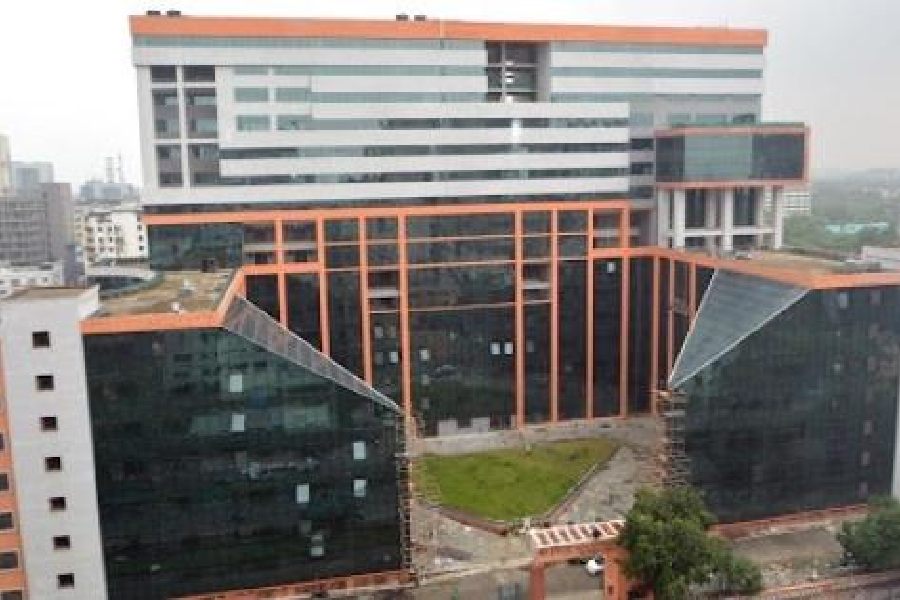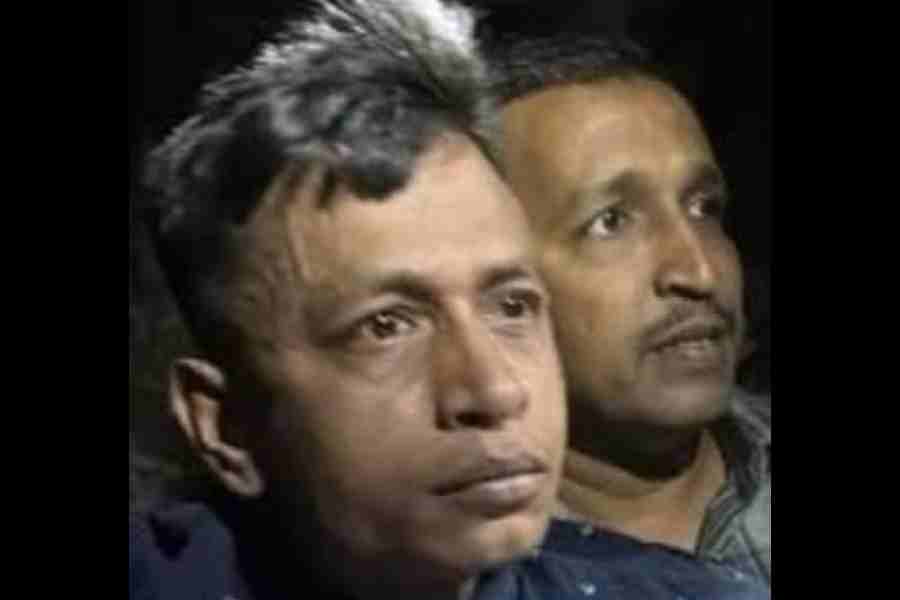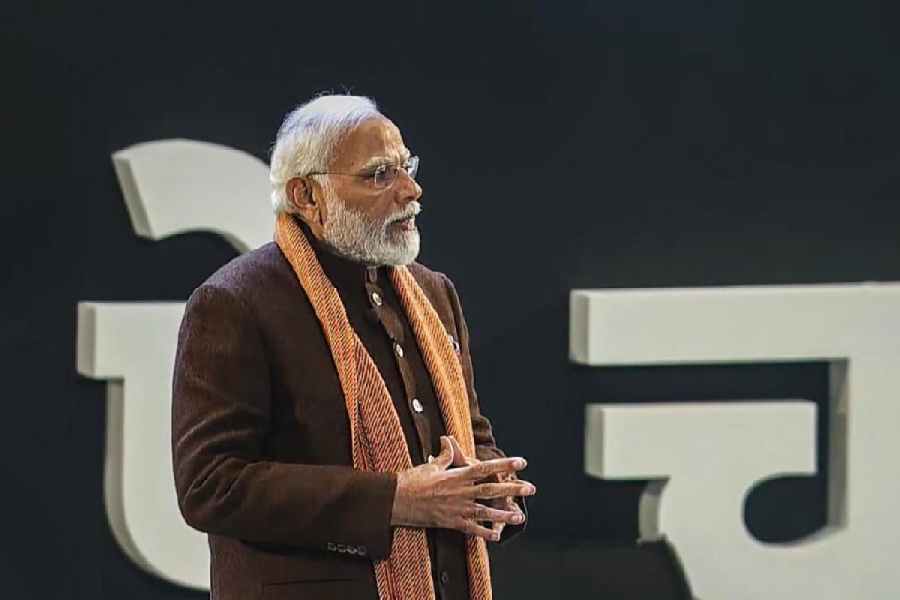A two-day brainstorming session that started at the Bose Institute on Tuesday, brings together scientists from India and abroad who will explore how accelerated particles can be used to treat malignancy in the brain, lungs and other sensitive organs more effectively.
The session is part of a meeting of the Facility for Antiproton and Ion Research (FAIR) Council, an international particle accelerator facility being developed in Germany of which India is also a founding member.
Kaustuv Sanyal, the director of Bose Institute at Sector V in Salt Lake, said oneof the spin-offs of the project on accelerated particles is that this can be used to treat cancer patients.
“These particles, charged through ionized rays, can detect and treat the malignancy in the brain effectively. Two private hospitals — Apollo Cancer Centre, Chennai, and Tata Institute of Cancer Research, Mumbai — are already using this advanced technology. A wider research in this field could lessen the cost of the technology, which is expensive at present,” said Sanyal.
He said the scientists will also study the effects on the tissues of astronauts from the radiation received from space at the meeting.
“Astronauts are exposed to various rays during their voyage in space. Through a simulation, scientists can detect the effects on the tissues of astronauts from the radiation and can develop space suits accordingly,” said Sanyal.
The two-day session will try to answer questions such as what is the nature of matter inside the core of neutron stars.
India is a founding member and the only non-European shareholder of FAIR GmbH (a company that manages the construction and operation of FAIR) along with eight other member countries — Finland, France, Germany, Poland, Romania, Russia, Slovenia and Sweden.
India is currently the second largest shareholder in FAIR after Germany. Two groups of Indian scientists associated with particle physics or high-energy physics and nuclear physics (NP) are also actively involved in developing experiments using the facility in Germany.











